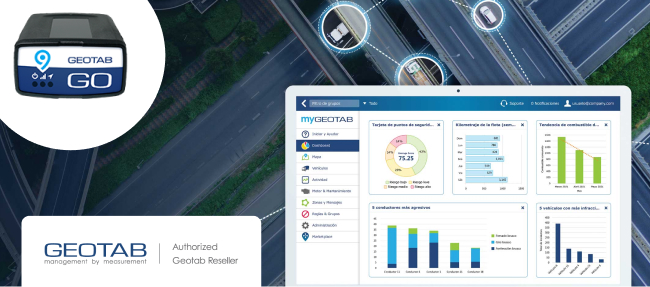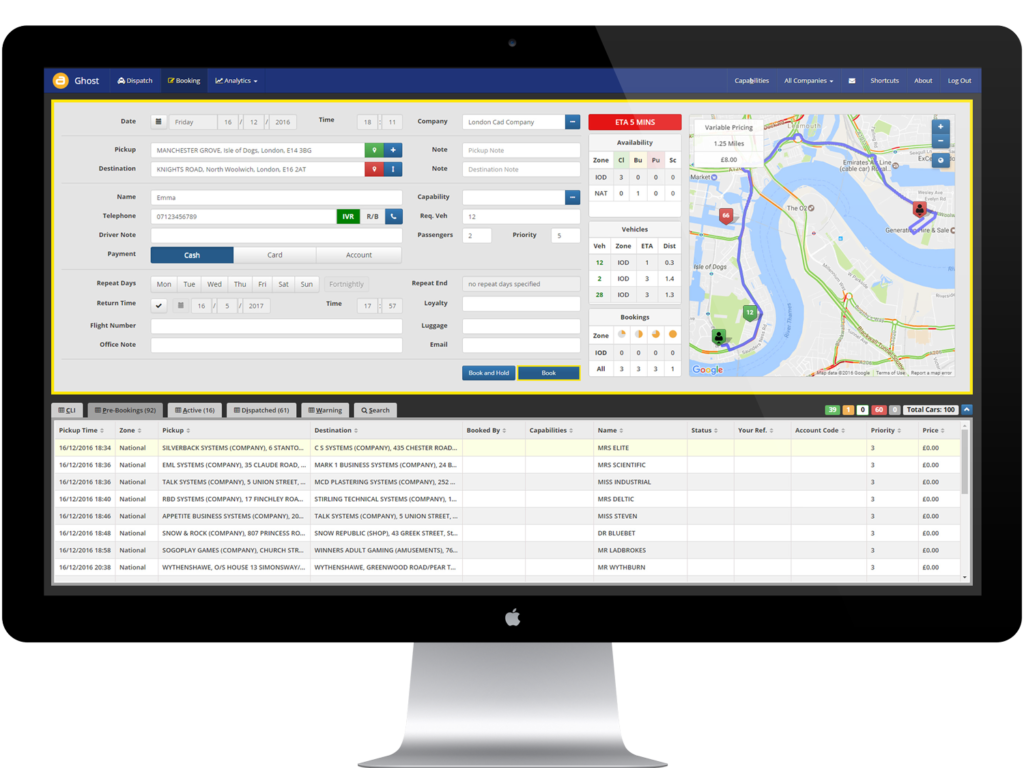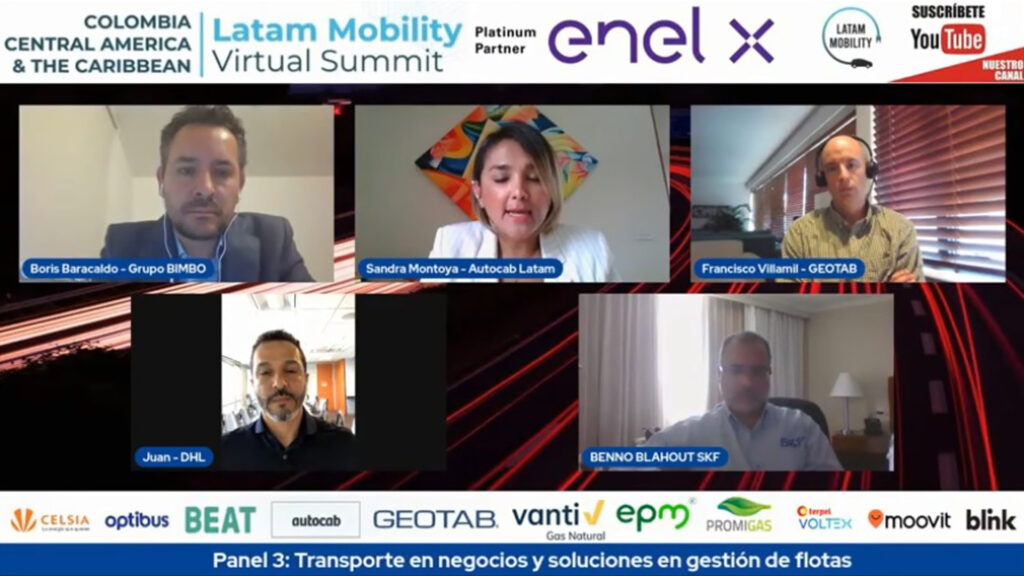Through a panel called “Transportation in Business and Solutions in Fleet Management” various experts in the field from Latin America and the Caribbean discussed the steps that must be carried out to specify the transition from the sector and open the doors to the massification of electric vehicle fleets.
The debate was moderated by the Global Customer Director of DHL CSI Juan Moran, who initiated the conversation asking the members on the analytical data and the importance of telematics in the electromobility industry.
In that sense, the Partner Account Manager Colombia of Geotab, Francisco Villamil, explained that telematics plays a prominent role because it allows to differentiate and evaluate the number of electrified vehicles that must be separated from the fleets in the transformation of companies to a Greater mobility.
“Companies have to determine very well which vehicles must use telematics. It is not to switch to electric vehicles for saying that you did it, but select an appropriate amount because it would not make sense to acquire units 0 emissions and then have to buy diesel again. For this, in Geotab we offer all the tools that the client requires,” said Villamil.

In the same order of ideas, Benno Blahout, Automotive Engineer specialist in the TFO program for SKF land transport fleets, considers that telematics from the point of view of maintenance is not being exploited by companies.
“On many occasions companies do not know how to use telematics, how to achieve it. In SKF we work so that all that information may be within the user. The idea is to socialize with the applications step by step,” said Blahout.
It should be noted that SFK works in the region in Central America, Caribbean, Ecuador, Colombia and Venezuela with information on reconditioning and personalization of industrial equipment.
On the other hand, Sandra Montoya said that from Autocab Latam they focus on the Software Dispatch and Vehicle Reserve, with more than 30 years of experience in the market.
“As a technological solution for the administration of logistics dedicated to the operation of passenger transport, we have noticed that companies demand this type of technology (telematics) to obey the needs of people. Colombia has been a great setting for data collection, since we have more than 20,000 active taxi operators there, ”Montoya said.

The regional director of logistics for the Latincentro region of Grupo Bimbo, Boris Baracaldo resumed the dialogue, mentioning that the brand has worked hard to improve the efforts that promote the transition towards the greater use of gas and electric mobility.
The modifications that caused the pandemic
The changes that the companies of the world had to carry out to live together with the world pandemic were many, and the adjustments in the services of the “mobility sector” was not the exception.
In this regard, Villamil resolved: “More options were opening in the pandemic, seeing the routes that were filling. It was to start to see with the telematics which were the key points that had greater affluence. “
“First, the consumption habit changed. One of the trends that has come to stay is that users, when taking taxis or public transport, plan their trips through digital means and select certain aspects such as traveling in a unit with few passengers, keeping distance with the driver or take an alternative route. as usual, ”were Montoya’s words.
Factors that are needed to develop
Baracaldo stressed that it is essential to be close and follow the movements of Startups mechanisms (emerging company) and go into collaboration with those who move the market of electric mobility.
In the same way, Montoya noted that from AutoCab they have been linked to the government sector. For Montoya it is essential to understand the culture of different countries in order to adapt the decisions of companies to new behaviors while Geotab by the part of it asks several actors about the possible softwares and hardware that their customers may require.
Villamil concluded that the transition from combustion vehicles to electric and gas was going to arrive at any time and that for that reason several companies were prepared. “Innovation must go much later than regulation,” he said.




